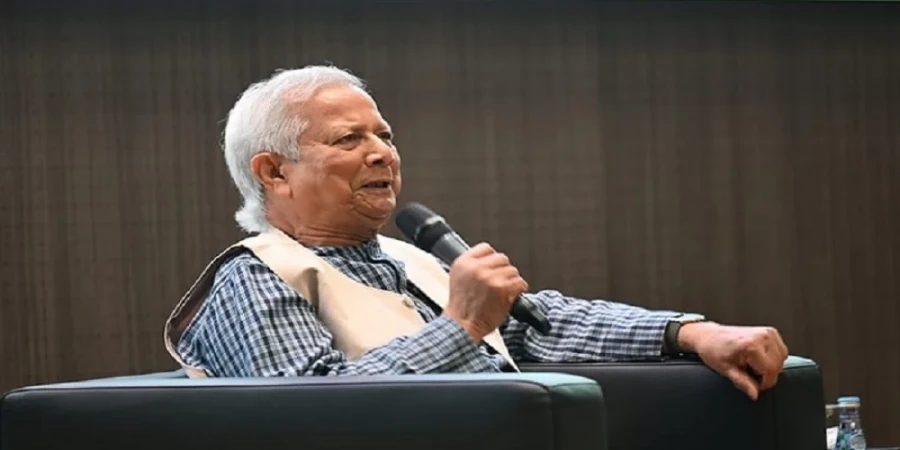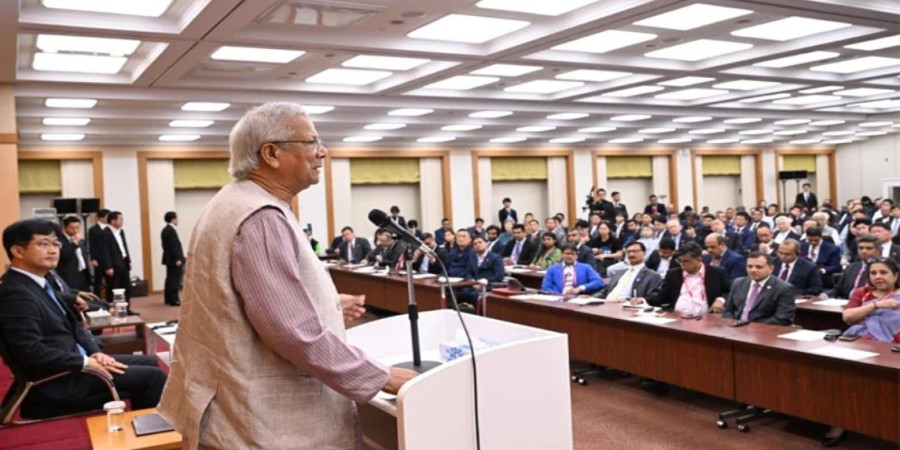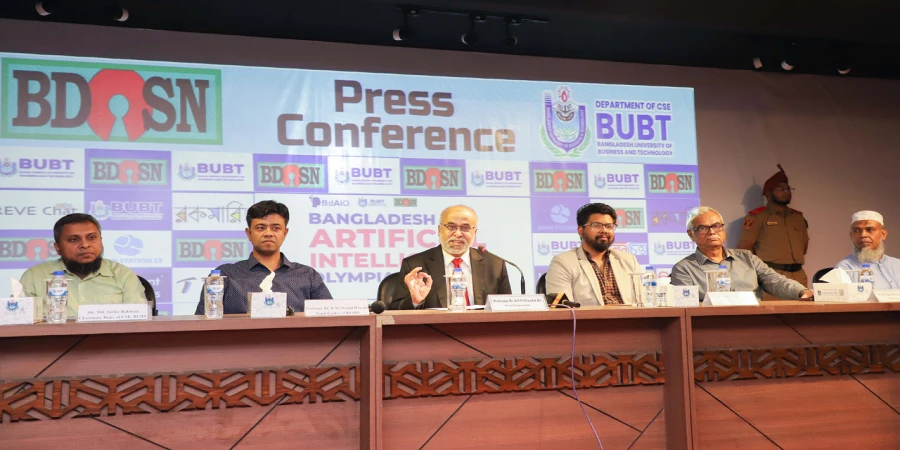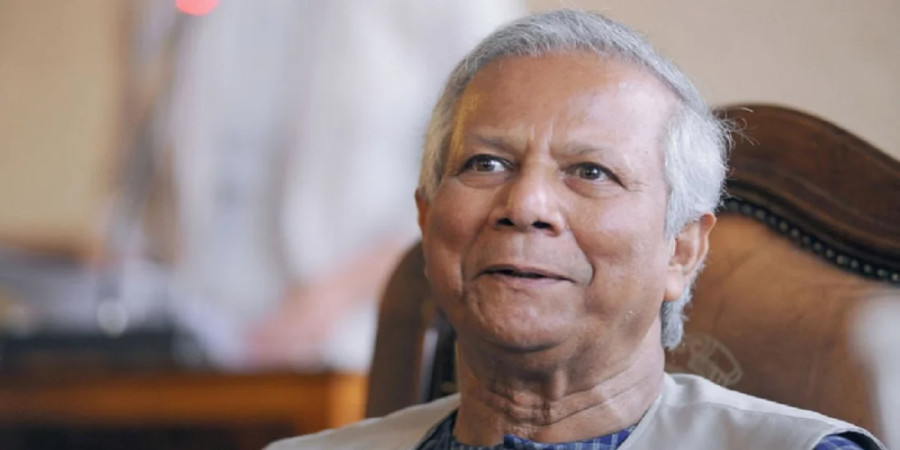
ছবি: Photo: Collected
The civilization we are currently part of is on a self-destructive trajectory, said Dr. Muhammad Yunus, the Chief Adviser of Bangladesh’s interim government, as he expressed grave concern over the escalating trend of global waste generation. His remarks came during a special session held at Qatar University, where he was invited to speak on sustainability and socio-economic transformation. The event took place on Thursday afternoon (Bangladesh time) at the B239 auditorium of the university.
Addressing the audience, Dr. Yunus remarked, “We are progressing through a civilization that is inherently self-destructive. This civilization is producing waste across the globe on an unprecedented scale—waste that will eventually contribute to our downfall if left unchecked.”
The session, titled “Building a Three Zero World: Zero Net Carbon Emissions, Zero Wealth Concentration, and Zero Unemployment,” was organized by Qatar University to explore sustainable alternatives to current economic and environmental models. During the event, Dr. Yunus elaborated on his globally recognized ‘Three Zero’ theory, which envisions a world free from harmful carbon emissions, economic inequality, and joblessness.
The Nobel Laureate emphasized the urgent need for systemic changes in the way societies function, consume, and generate value. He noted that present-day civilization is predominantly driven by short-term profit and relentless consumption, with little regard for environmental or social sustainability. His theory offers a blueprint for reversing these patterns by focusing on inclusive economic growth and responsible ecological practices.
Dr. Yunus highlighted how these three pillars—net-zero carbon emissions, zero wealth concentration, and zero unemployment—must be addressed simultaneously to achieve a meaningful shift in global development. He urged universities, governments, and civil society to collaborate more closely in building a future that ensures equity, environmental sustainability, and economic resilience.
Following the session, Dr. Yunus was scheduled to hold a bilateral meeting with Qatar’s Prime Minister, Sheikh Mohammed bin Abdulrahman bin Jassim Al Thani. This high-level meeting was expected to cover areas of mutual interest, particularly those aligned with sustainable development and international cooperation.
Accompanying Dr. Yunus during the meeting were key members of the interim government: Foreign Affairs Adviser Md. Tawhid Hossain, Energy Adviser Muhammad Faozul Kabir Khan, National Security Adviser Dr. Khalilur Rahman, and SDG Chief Coordinator at the Office of the Chief Adviser, Lamia Morshed.
The visit marks a significant diplomatic and academic engagement for Bangladesh, reflecting the country's ongoing efforts to contribute to global dialogues on sustainability and development. Dr. Yunus’ participation in such international platforms underscores the growing recognition of his work in social business and development economics, as well as Bangladesh’s strategic positioning in conversations around global sustainability.
repoter






